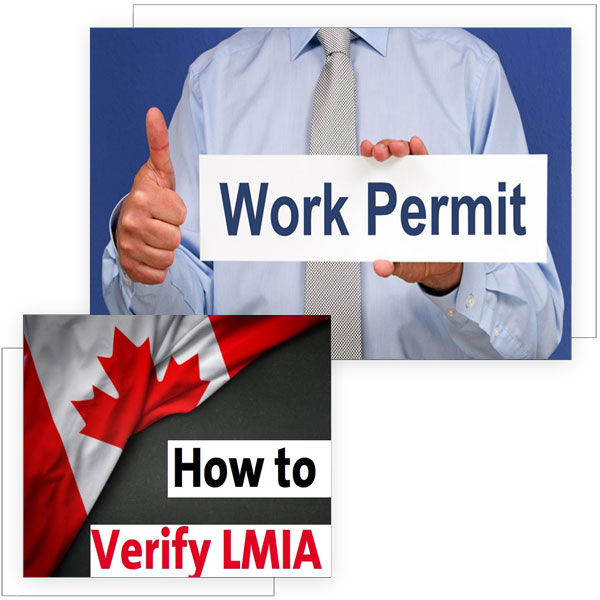Regulated Canadian Immigration Consultant (RCIC) R710156
Regulated Canadian Immigration Consultant (RCIC) R710156
Canada is the second biggest country in the world, with equally contradicting population numbers which are found to be a major setback when it comes to contributing towards economic growth.
There has always been a high scarcity of skilled and unskilled workers in Canada, and hence we can see a warm welcome for immigrants to fill out this gap. We provide end-to-end assistance when it comes to acquiring a Canadian work visa to help our clients to get landed and carry forward their professional life successfully.
A positive Labour Market Impact Assessment (LMIA) is a document issued by the Human Resources and Social Development Canada (HRSDC) which verifies that the job offered to a foreign national could not be filled by a Canadian worker. So, in most cases, if a Canadian employer wants to hire a temporary foreign worker, they have to apply for an LMIA to the Canadian government.
The processing time for a standard LMIA approval is three to four months. Upon approval, a positive LMIA allows the foreign worker to apply for a work permit, which is a legal document allowing them to work legally in the country.
There are two ways through which an employer can hire a foreign worker; Temporary Foreign Worker Program (TFWP) and International Mobility Program (IMP).
Canadian employers who wants to hire foreign workers to fill temporary labour and skill shortages can hire through the TFWP. As an employer you will need a positive Labour Market Impact Assessment (LMIA) from Employment and Social development Canada (ESDC) before you can hire the foreign worker. An LMIA verifies that the job offered to a foreign national could not be filled by a Canadian worker and the foreign worker is needed to do the job.
The employer, if applying to hire a foreign worker through the TFWP program, needs to pay a fee and it is subject to approval. After a positive LMIA is granted, the employer has to submit the document to the foreign worker, who can apply for a work permit to IRCC on the basis of that LMIA.
Not all employers are required to get a positive LMIA from ESDC in order to hire a foreign worker. The International Mobility Program allows employers to hire temporary foreign workers without an LMIA. Under the IMP some categories of foreign workers are exempted from getting an approved LMIA before being hired by a Canadian Employer. These exemptions are based on a broader economic, cultural or competitive advantages for Canada; and reciprocal benefits enjoyed by Canadian citizens and permanent residents.
The International Mobility Worker Unit (IMWU) has the authority to decide if the foreign worker falls under any of the exempted category. The employers are required to contact IMWU and pay a compliance fee of $230 while submitting the offer of employment through the employer portal.
An offer of employment number is generated if the candidate qualifies to work in Canada under this program. Employers are required to pass on this number to the the foreign worker they wish to hire. Based on that, the temporary worker can apply for their work permit and submit to ICCRC or Canada Border Services Agency (CBSA). The officials verify all documents and on approval, issue a work permit or a Letter of Introduction (If the candidate is outside Canada).
A lot of different factors depend for an LMIA approval, for example, the position being offered, region, high wage or low wage etc. A high-wage worker is someone who has a wage which is equal or above the provincial median hourly wage. If an employer wishes to file an LMIA for a high-wage worker, they need to submit a transition plan. This transition plan is drafted to show the Canadian government on how the employer is planning on reducing the reliance on the temporary workers and putting more efforts to hire Canadians. Whereas a low-wage worker is someone who has an hourly wage which is lower than the provincial median wage. There is no requirement to submit a transition plan if the employer wants to hire them.
A positive LMIA does not allow a foreign worker to change their job, location or employer because the approval was based on those specific factors. In case any of these condition changes, the worker might have to seek for a new LMIA with the change in conditions.
A temporary worker on an open work permit does not need a Canadian Employer to hire them through IMP or TFWP. As an employer, if you are hiring a temporary worker with an open work permit, you do not need to submit an offer of employment form or pay the employer compliance fee.

